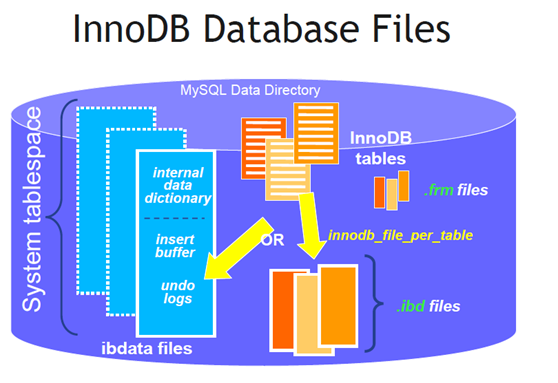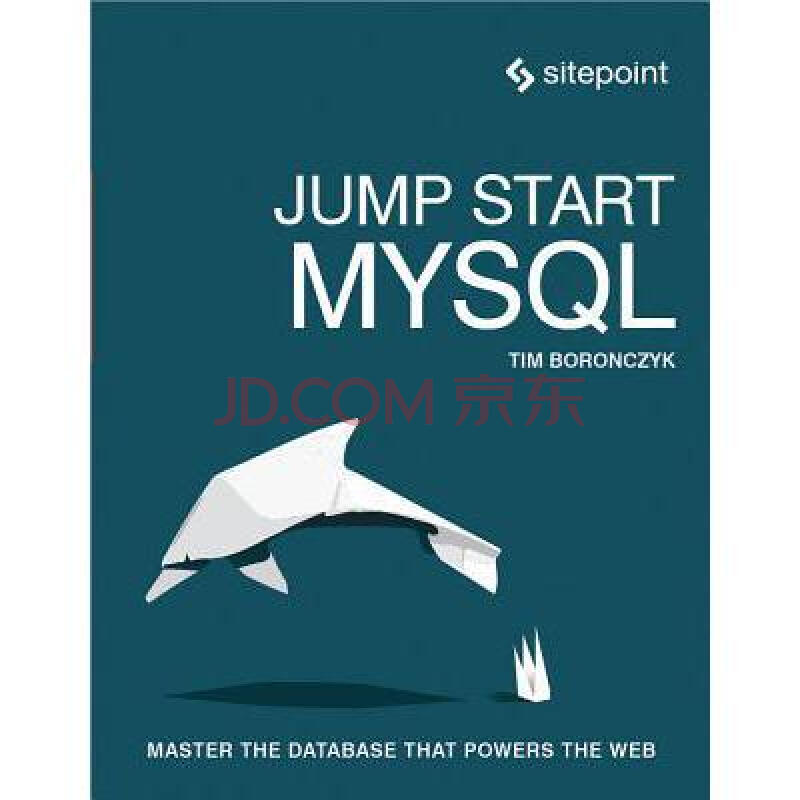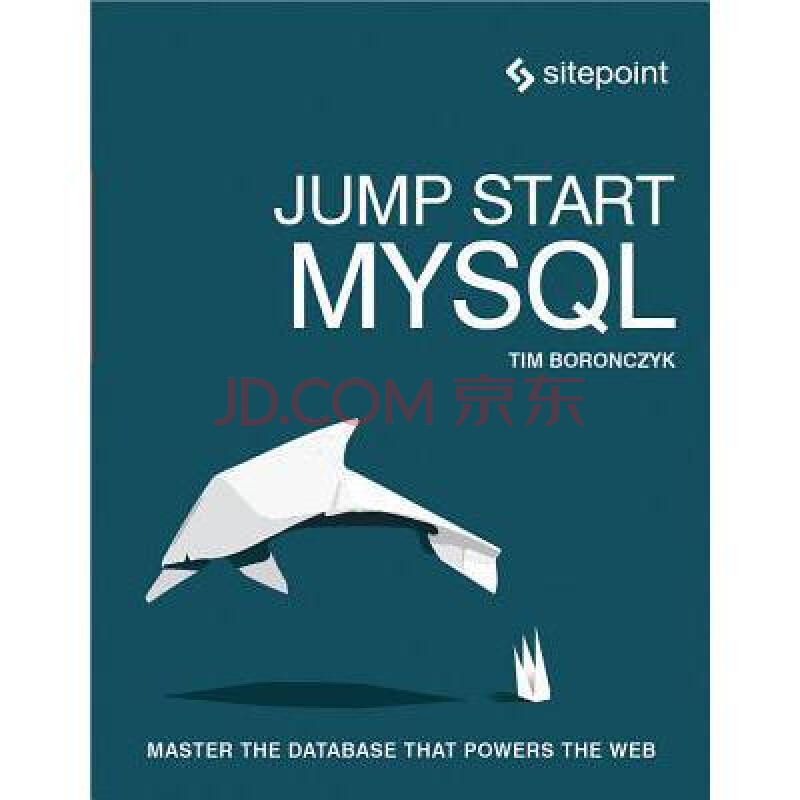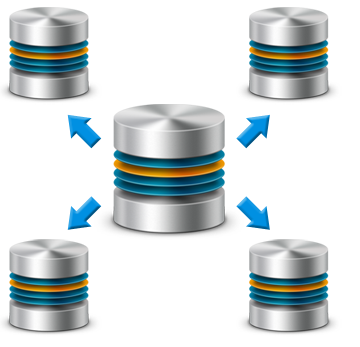
This article mainly introduces the tutorial of MySQL to implement batch insertion to optimize performance. The running time is given to express the comparison after performance optimization. Friends in need can refer to it. For some systems with large amounts of data, the database faces In addition to low query efficiency, the problem is that it takes a long time for data to be stored in the database. Especially for reporting systems, the time spent on data import may last for several hours or more than ten hours every day. Therefore, it makes sense to optimize database insertion performance. After some performance tests on MySQL innodb, I found some methods that can improve insert efficiency for your reference. 1. One SQL statement inserts multiple pieces of data. Commonly used insert statements such as INSERT INTO `insert_table` (`datetime`, `uid`, `content`, `type`) VALUES ('0', 'userid_0'
1. How to use INNODB? Summary of how to use INNODB

Introduction: This article mainly introduces the tutorial of MySQL to implement batch insertion to optimize performance. The running time is given in the article to indicate the comparison after performance optimization. Friends in need can refer to the following For some systems with large amounts of data, in addition to low query efficiency, the problem faced by the database is that it takes a long time to enter the data into the database. Especially for reporting systems, the time spent on data import may last for several hours or more than a dozen times a day. hours. Therefore, it is very meaningful to optimize the database insertion performance. After some performance tests on MySQL innodb, I found some things that can improve the insert efficiency...
#2. 10 recommended articles about optimizing performance

3.
Detailed introduction to optimizing performance

4.
Some operations about MySQL optimization
 ##Introduction: The design of MySQL is Through the cache pool, that is to say, part of the data is stored in the memory. When we search for a piece of data, if it is found in the cache pool, we can directly obtain it from the cache. If it is not there, Then load it into the disk
##Introduction: The design of MySQL is Through the cache pool, that is to say, part of the data is stored in the memory. When we search for a piece of data, if it is found in the cache pool, we can directly obtain it from the cache. If it is not there, Then load it into the disk
5.
Introduction to the method of enabling slow query for MySQL slow query Introduction: Turning on the slow query log allows MySQL to record queries that exceed the specified time. By locating and analyzing performance bottlenecks, the performance of the database system can be better optimized. The following article mainly introduces the relevant information about starting slow query in MySQL. Friends in need can refer to it.
Introduction: Turning on the slow query log allows MySQL to record queries that exceed the specified time. By locating and analyzing performance bottlenecks, the performance of the database system can be better optimized. The following article mainly introduces the relevant information about starting slow query in MySQL. Friends in need can refer to it.
6. 10 Tips to Optimize Database Speed

##Introduction: Big The content of most websites is stored in a database, and users access the content through requests. The database is very fast, and there are many techniques that allow you to optimize the speed of the database so that you do not waste server resources. In this article, I’ve included ten tips for optimizing database speed.
7. How does PHP solve the problem of large website traffic and high concurrency

8.
Suggestions for making the database faster

9.
10 tips to make your database faster

10.
php, nginx, apache, mysql How does PHP solve the problem of large website traffic and high concurrency" />
 #Introduction: First, confirm whether the server hardware is sufficient to support the current traffic . Ordinary P4 servers can generally support up to 100,000 independent IPs per day. If the number of visits is larger than this, you must first configure a higher-performance dedicated server to solve the problem. Otherwise, no matter how you optimize it, it is impossible to completely solve the performance problem. . Secondly, optimize database access. It is of course best to implement a completely static front-end without accessing the database at all. However, for frequently updated websites, static caching technology is another solution, which is to make the database dynamic. The data is stored in...
#Introduction: First, confirm whether the server hardware is sufficient to support the current traffic . Ordinary P4 servers can generally support up to 100,000 independent IPs per day. If the number of visits is larger than this, you must first configure a higher-performance dedicated server to solve the problem. Otherwise, no matter how you optimize it, it is impossible to completely solve the performance problem. . Secondly, optimize database access. It is of course best to implement a completely static front-end without accessing the database at all. However, for frequently updated websites, static caching technology is another solution, which is to make the database dynamic. The data is stored in...
[Related Q&A recommendations]:
php - A problem occurred when WordPress was first built
java - How do you use search engines such as lucence to optimize mysql database queries?
The above is the detailed content of 10 recommended articles about optimizing databases. For more information, please follow other related articles on the PHP Chinese website!




